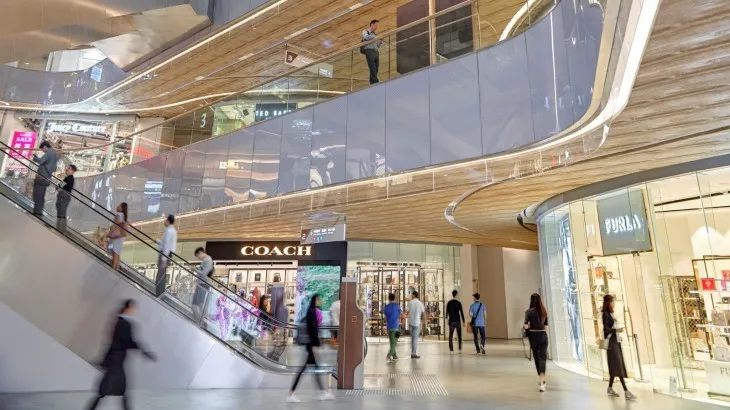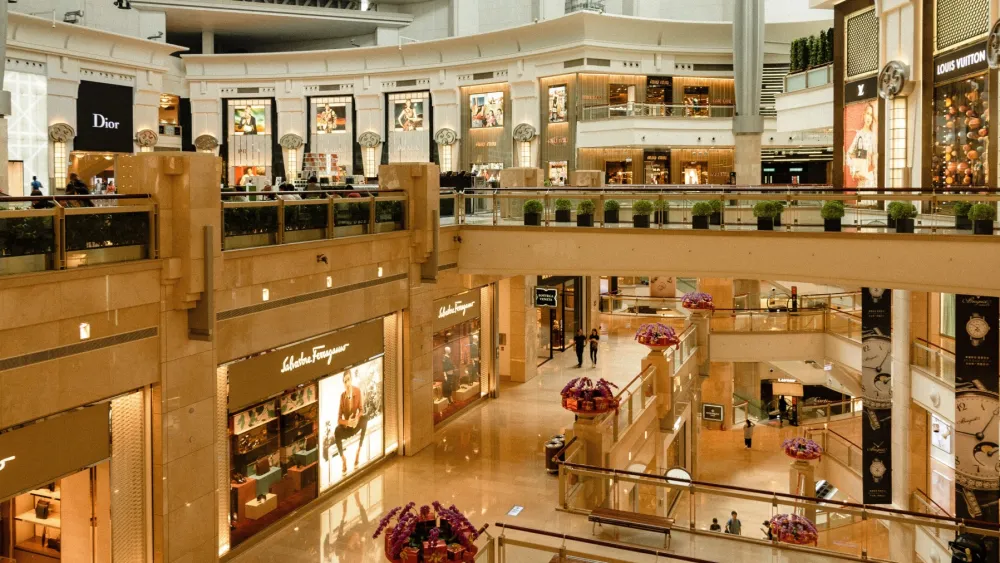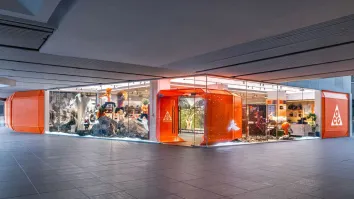
How can malls, retailers improve waste management?
Lendlease and WWF-Singapore recommend using technology and encouraging wider participation of customers and tenants.
Mall operators should take advantage of technology for better waste management and encourage the participation of tenants and customers in reducing wastes, according to a study by Lendlease and World Wide Fund for Nature-Singapore.
Lack of data on waste and reduction targets is the key barrier in improving waste reduction, they said.
The Circularity in Retail: Tackling the Waste Problem Report also analysed waste data from three of Lendlease retail malls in Singapore between 2019 and 2020, and waste data collected by an automated waste data QR code system at Paya Lebar Quarter in 2020, finding their average recycling rate at almost 29%, 2.5 times more than Singapore’s average recycling rate of 11.4%. It is driven by efficient waste segregation, waste data monitoring, and clear communication of waste management obligations to tenants, they said.
The study found that malls should leverage technology to improve waste management and segregation practices in malls, by digitising waste collection data to trace waste generated by retail category, allowing them to set measurable targets.
It also said that installing food waste monitoring systems for food and beverage (F&B) tenants to digitally measure and monitor wastes going into the bins during the preparation of food can also help reduce food waste.
The study also recommended the installation of bin level monitors to give more time for housekeeping staff to support recycling efforts, electric trolleys for door-to-door collection to make “recyclables less strenuous” and sink grinders to process food waste.
Mall operators also play a critical role in encouraging participation of tenants and customers In waste management initiatives such as encouraging F&B establishment customers to bring their own reusable containers or bags by providing discounts or introducing a points system as a reward for shoppers, they said.



















 Advertise
Advertise






